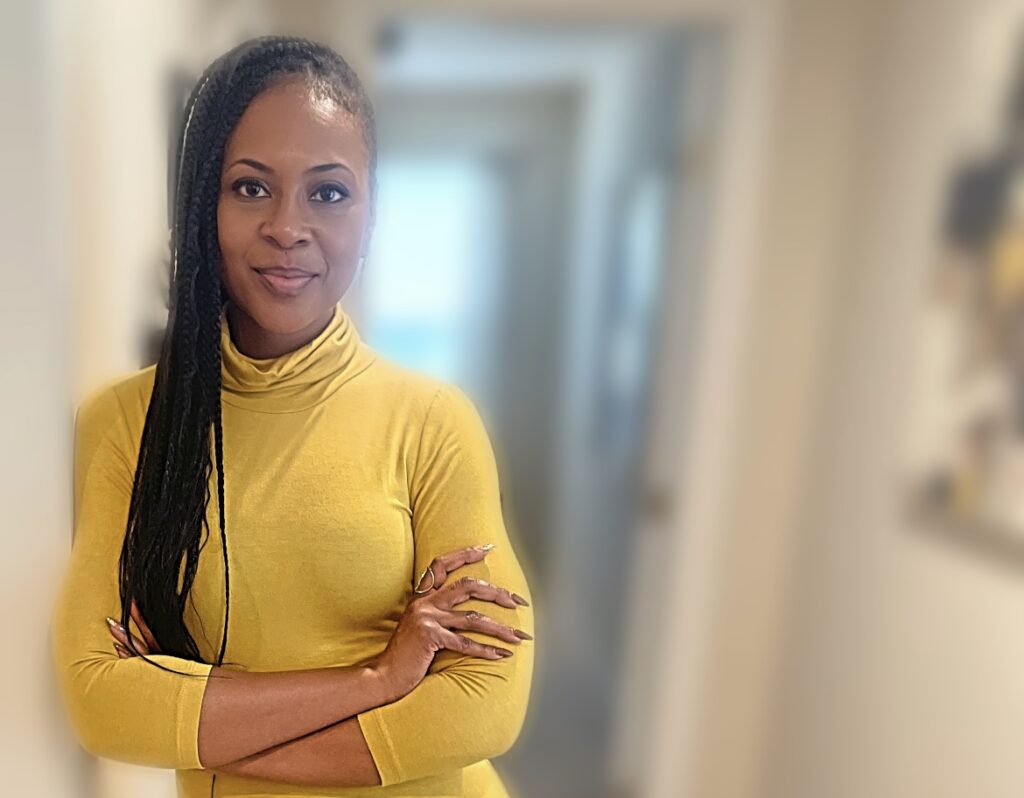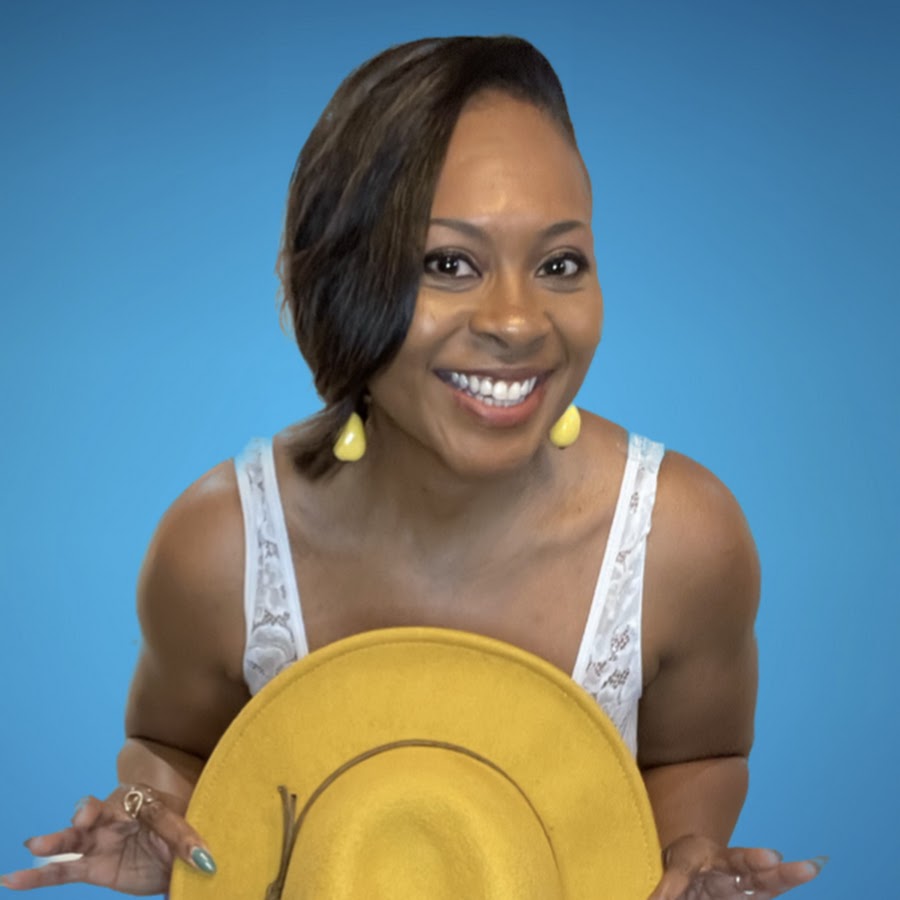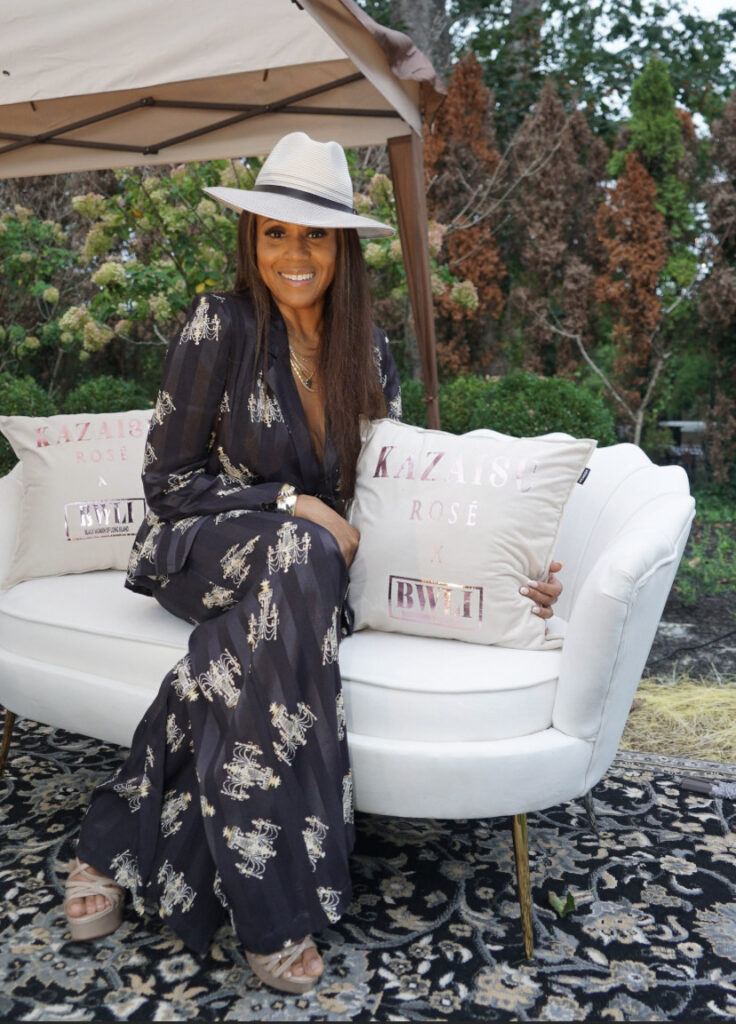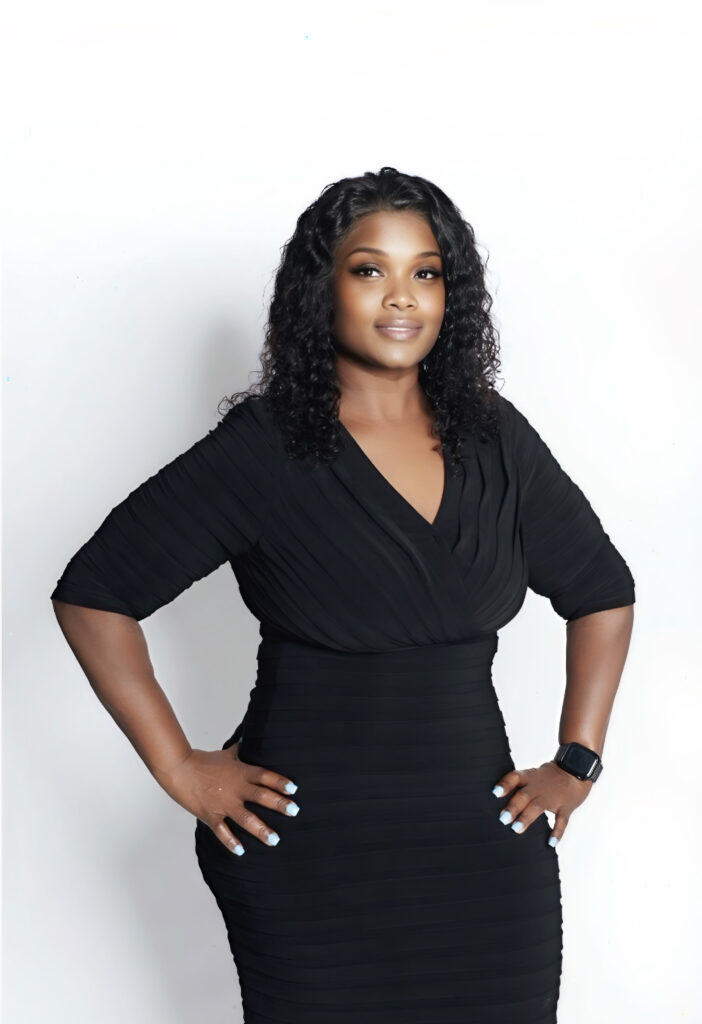Children’s Grief Awareness Day was recognized on Thursday, November 16th. It is a day that sheds light on promoting a healthy way for children to grieve.
As you know, many of our youth have a hard time knowing the proper ways to cope with grief and some do not completely understand how to identify what they are feeling. We spoke with an expert who can best shine a light on how to help your children.

Marceia Cork is the proud owner of The Good Grieve LLC and she is known as The Change Coach. She has earned certifications as a change practitioner and a grief recovery specialist. Marceia has created a unique framework called The Good Grieve framework. She has also authored two books demonstrating this framework: “The Good Grieve: A Guide for Exploring What Life Can Look Like After Loss, Trauma, and Hardship for Adults,” and “My Good Grieve: A Youth’s Guide to Navigating Loss, Trauma, and Hardship… The Good Way!”
Marceia offers non-clinical solutions for individuals, families, organizations, and schools dealing with over 40 life events that can bring about significant change and feelings of grief and loss. Her services are specifically designed to be relatable and accessible for individuals from Black, Indigenous, and People of Color (BIPOC) communities who need support in accessing mental health services. Moreover, Marceia is a designated small, minority-owned federal subcontractor in the state of Maryland.
Before the COVID-19 pandemic, Marceia provided DEI consulting and change solutions to large corporations, government agencies, colleges, and universities. During her work with these groups, she realized that employees were not only dealing with professional impacts but were also grieving personal changes and loss. This led her to offer in-person and virtual coaching and grief support for both individuals and groups. In response to the pandemic, Marceia has streamlined her business model to specifically support individuals and groups who have been uniquely affected by the uncertain job market. This includes people belonging to BIPOC communities, those who have been recently released from prison or have criminal records, individuals who are widowed, divorced, or exiting abusive relationships, retirees, former military personnel, and their spouses, as well as recent high school or college graduates.
What’s your best piece of advice for anyone experiencing grief?
Marceia- The simple answer is to talk about it. Talk about what happened, talk about the impact it has had on you, and talk about what you’re letting go of because you can’t control it. Talking about it and its impact to a trusted source allows you to ventilate, and ventilation is healthy. The best advice I can give is to make space in your life for grief and to gently settle into the uneasiness of permanent change as you navigate it.
We’ve done a disservice to ourselves and young people by not talking about painful stuff. Grief isn’t something we ever think about or expect to deal with. But we will all experience a major life event that somehow creates change, a void, a sense of loss in our lives. When that happens we are typically blindsided by the impact of that life event and the grief it brings with it. You think, “This isn’t supposed to hurt this bad.” But it is supposed to hurt. It’s important to understand grief’s presence and know that that presence isn’t permanent–but the change is.
What makes your approach unique?
Marceia- I am a non-clinical option for grief and social and emotional wellness. Not everyone seeks, relates to, or prefers traditional therapy and a clinical diagnosis. For those communities and for Black and brown people I am often the relatable bridge to much needed mental health services. This is very well received. I even have referral relationships with licensed therapists.
How can parents empower children to deal with grief effectively?
Marceia- I have what I call THE GRIEF model, and that’s an acronym. It walks families through a Timeline and History of their life Events. Then, they analyze them together by discussing Guilty feelings and Regrets–which are typically the things we play back in our heads over and over again wondering what we could have changed or what we wish we or others had done differently. Then, I have families create new Imprints and Impressions on the mind–this is important. This is where they begin thinking about any positives that ran alongside those negative memories of life events. I have them expand those memories so that now the negative memories they’ve replayed can take a new shape–because now you’re inviting positive memories into the frame. The next component is to Express those feelings–both the negatives and the positives so that they can better identify what they couldn’t control, but what they can control now. The framework ends with assistance in how grievers can diminish the Feelings of regret and resentment stemming from that life event now that they have this expanded vision and understanding.
Why is it important to have difficult conversations around grief even with young children?
Marceia- When we learn to have difficult conversations in our youth, we eliminate avoidant behavior and passive responses to conflict in adulthood–which then impacts how we show up in personal and professional relationships later. This makes us better collaborators, partners, and leaders later in life.
You have a book out that shares these topics, what age range is suitable for your children’s book?
It can be worked on independently by children as young as 9–and is still appropriate for youth up to age 18. My son is 9 and he’s been able to read the instructions and do the exercises. Younger children should work alongside an adult, so it puts families on a path for healthy conversations and coping skills as they navigate grief together.
Connect with Marceia Cork on Instagram to keep up with more healthy tips and to gain guidance for yourself and your child on facing grief.
Follow Us On Social Media!




